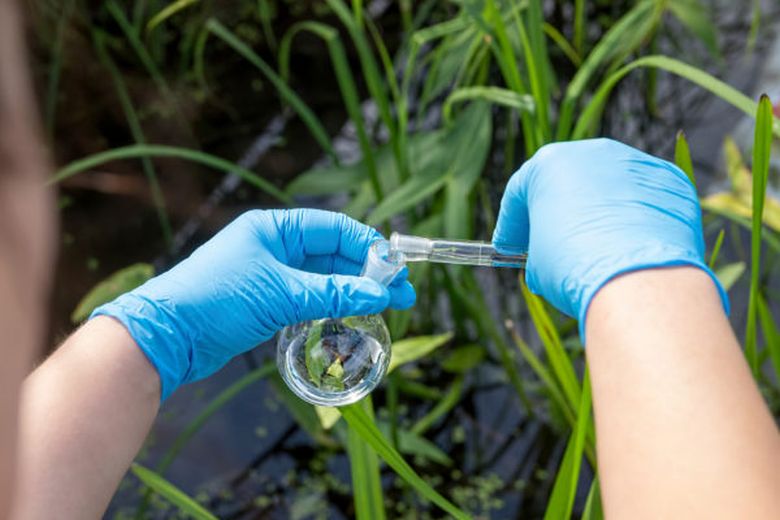Environmental monitoring is the most effective way to record and track changes in conditions. Typically, a data logger is used for this purpose, as it can be left unattended to take temperature and humidity samples with a great deal of accuracy at predetermined intervals. However, because these are precise measurement instruments, the level of accuracy has to be high. To ensure this, these measuring tools require a regular maintenance program which includes calibration to keep them recording accurate samples. Here are the reasons why calibration is so important.
How Your Data Logger Gets Calibrated
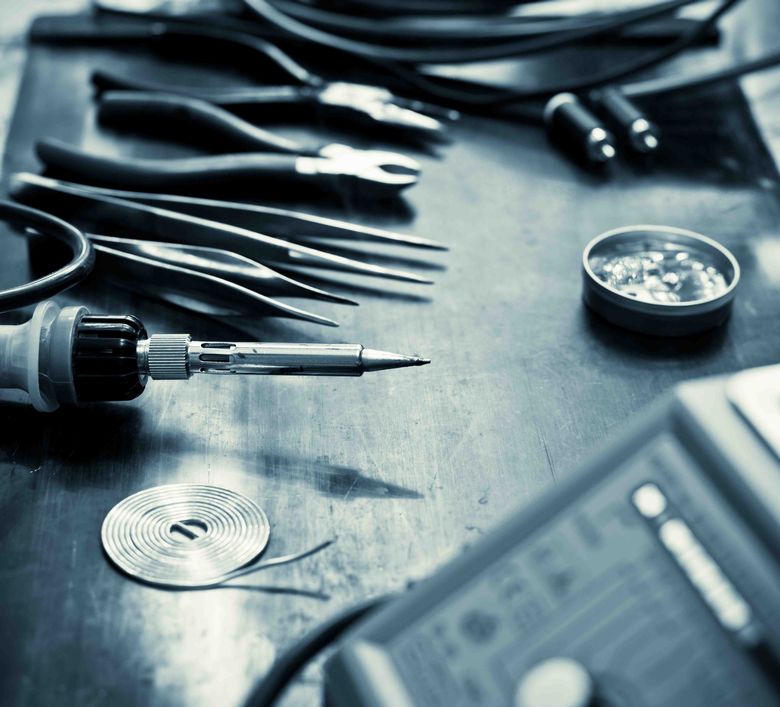
Before we get into the importance of calibration, let’s learn a little more about how temperature calibration is conducted.
Because data loggers are measurement instruments, calibration is usually part of the adjustment process where the measurement recording output is set to match the value of an applied standard. If it does not, adjustments are made until the measuring device returns the same value.
There is more than one way to calibrate a digital thermometer, which is essentially what a data logger is. It is a digital thermometer with a memory that records and tracks changes in the temperature. Calibration of this device can be conducted by providing a simulated temperature value that is applied directly to the thermometer and measuring the results, or a test instrument can be attached to the digital thermometer. It is at this point when a voltage equivalent of a selected temperature is applied to the thermometer and recorded. When they match, the calibration is considered complete.
There is also something known as a system test which includes both the digital thermometer and the temperature probe. This often requires a real heat source to simulate an actual real-world experience that the data logger would be used for. The value recorded would be compared with the standard, adjusted where necessary and once they match, the device is considered calibrated.
Why Calibration Is Important
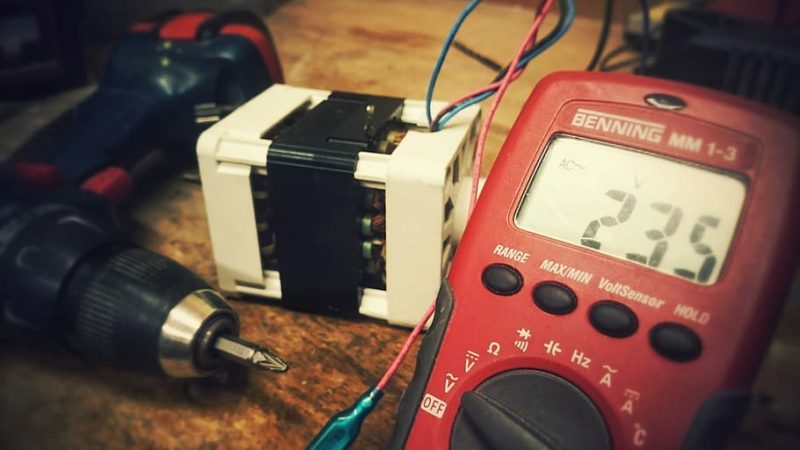
The accuracy and quality of measurements are defined by calibration. This is especially true if those pieces of data are being recorded on a device rather than manually. A manual measurement is when someone is assigned to check the temperature and does so by physically standing near it, reading the thermometer, and writing their observation in a logbook.
With an electronic device, essentially the same process takes place, but digitally. No one stands there to take the temperature. Instead, the device itself logs the temperature. Over time the accuracy may shift slightly. If the device is recording and tracking temperature and humidity, any kind of deviance from accurate readings could be disastrous. This is why calibration is so important. It ensures that the device is accurate and making and recording accurately. This is also why it is important to have these devices calibrated on a regular basis for proper environmental monitoring.
Examples Of How Crucial Calibration Is In Different Industries
According to Dickson, the food, healthcare, and manufacturing industries rely heavily on monitoring that can record and track ongoing conditions with accuracy. Here are a few reasons why calibration is a huge factor in these industries.

Food Industry
A data logger that has not been correctly or regularly calibrated can contribute to serious issues. When temperature and humidity are not kept in the safe zone for food, the following cascade of related issues can develop.
– Food safety may be compromised, potentially contributing to food poisoning or food spoilage
– A local health board may close the facility inadvertently harboring spoiled food
– Legal action may result
Without maintaining the calibration of the data recording equipment, a cooler or freezer failure may not be recognized in time to prevent damage to the food in storage. The resulting problems could take years to resolve with damage to the reputation of the restaurant or catering service.
Healthcare Industry
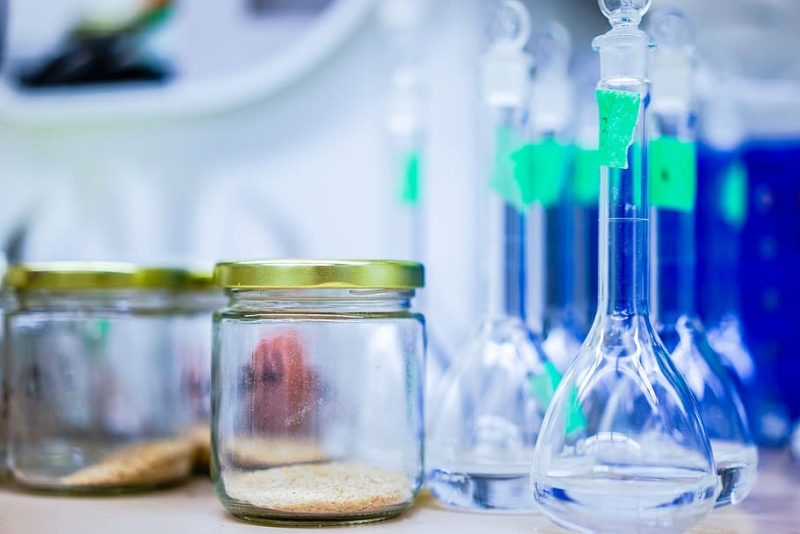
Blood or medication in cold storage or transplant organs improperly cooled for transport can be damaged if the data logger recording and monitoring the conditions fails to remain calibrated. With a drop in temperature and humidity, these perishable items can be lost resulting in the following:
– Reduction in transplants from donated organs which may result in additional deaths
– Loss of blood reserves which could prove disastrous at times of critical need
– Lack of public trust following news of preventable losses
Manufacturing Industry
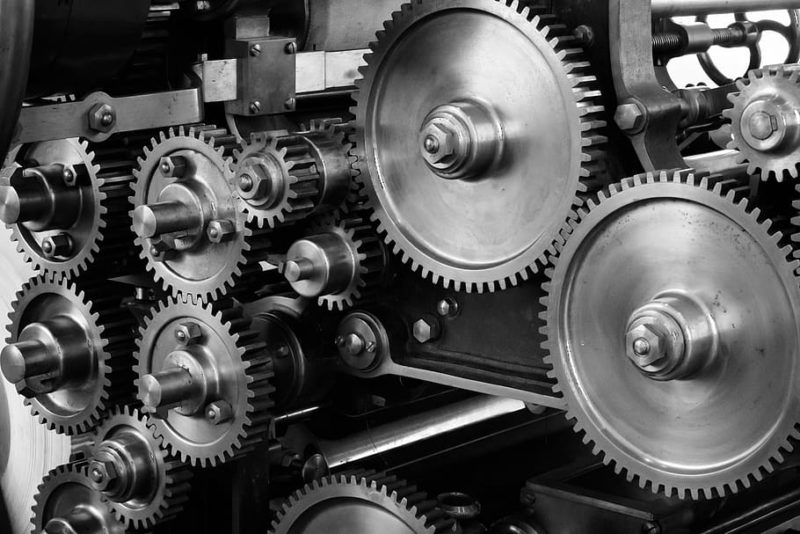
Data loggers used in the manufacturing industry are monitoring a variety of conditions. Failure to have accurate, up-to-the-minute data due to a lack of calibration can result in several situations that can have a negative impact.
– Injuries, even deaths, can result from improper measurements
– Inaccurate reading can lead to environmental issues
– Legal action from these situations could financially damage manufacturers
How Often Calibration Should Take Place
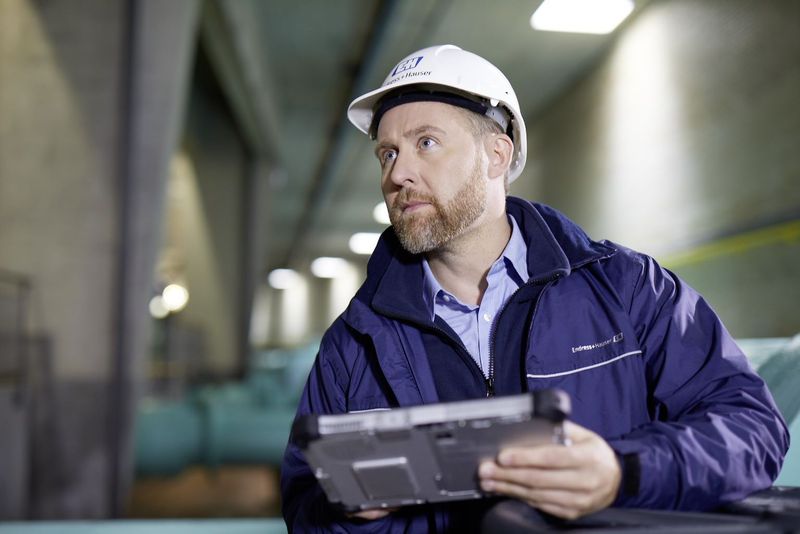
The typical standard for calibration is once per year. Depending on the frequency of sampling and how many data loggers you use to track the conditions in your industry, you may find that calibration on a more frequent basis would be best. If the application for which you’re using a data logger requires the highest quality of accurate readings, you will want to seriously consider calibration services as a regular part of the maintenance plan for your data logging equipment.
In Conclusion
Any piece of electronic equipment passes through stringent testing and quality control measures to ensure that the device is working properly. However, when as precise a tool as a data logger is that piece of electronic equipment, the accuracy of the sample readings is crucial. Some industries may allow for a slight deviation of readings, but over time those variations may increase the risk of a negative outcome in your specific industry.
One way to prevent that from happening is to keep data recording tools properly calibrated. Calibration is an adjustment that sets the reading to a standard that is considered extremely accurate. To maintain that accuracy, it is a good idea to have data logging equipment calibrated at least once a year. This ensures accurate readings.


